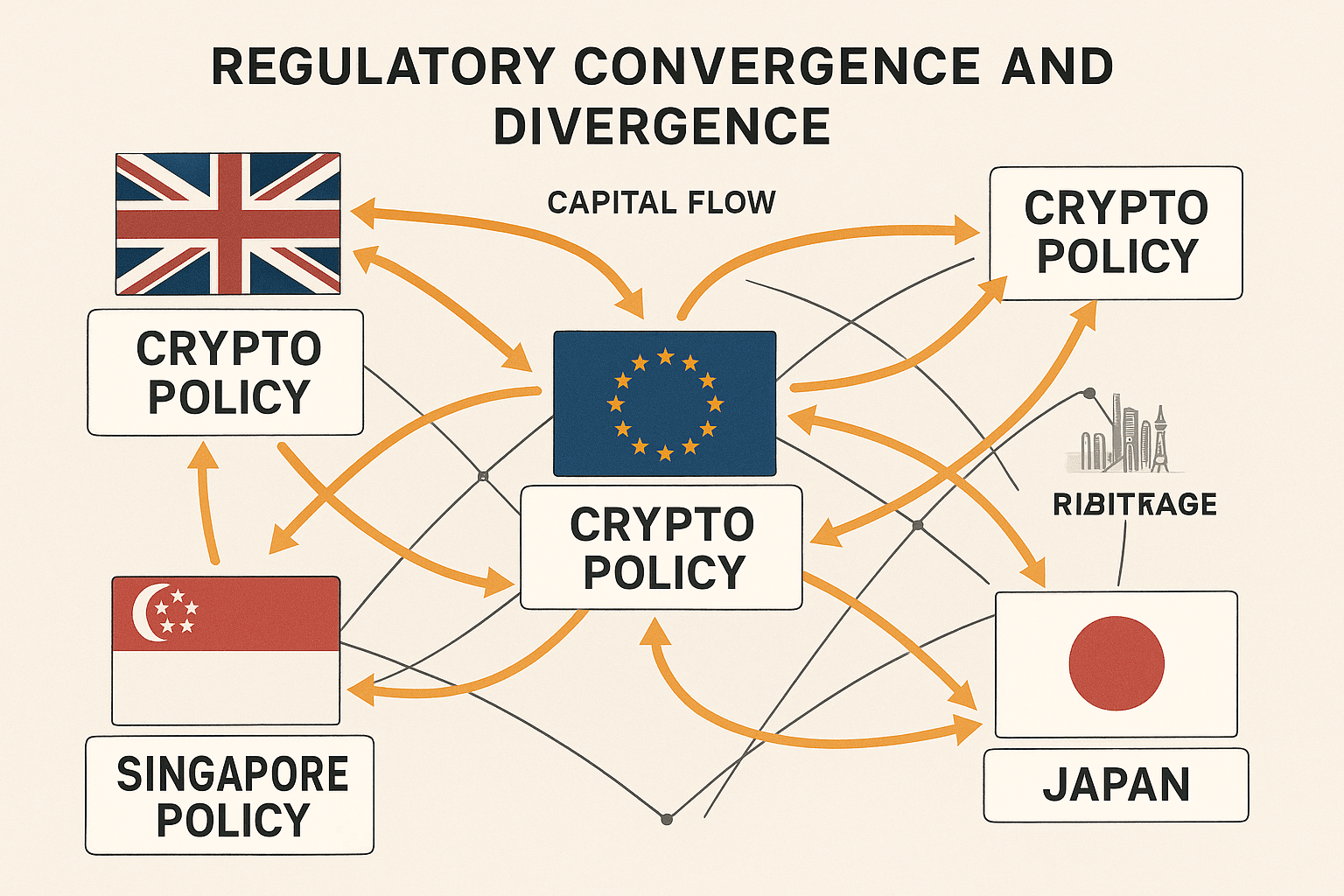
The UK tax authority has made a significant move, requiring all crypto asset holders to provide personal information to service providers, including name, address, tax number, etc., with a fine of £300 for non-compliance. At the same time, New York is also brewing a new crypto tax scheme, expected to raise $158 million annually. It seems that governments around the world are eyeing the lucrative cryptocurrency sector.
The new regulations in the UK are actually part of its overall regulatory strategy. Starting in 2023, the UK has been establishing a comprehensive crypto regulatory framework that aims to promote innovation, protect consumers, and ensure tax revenue. The current disclosure requirements are mainly to prevent tax evasion. After all, crypto transactions are too easy to hide, and without mandatory disclosures, tax authorities cannot track them at all.
New York's plan is more aggressive. Not only will there be taxes on transactions, but also an environmental tax on mining, and a special business tax on crypto companies. If passed, other states will surely follow. Although the federal level in the U.S. is relaxing, states may strengthen taxation, which is a trend worth noting.
The situation in Asia is more complex. Singapore has raised the threshold for crypto service providers, with higher capital requirements and stricter risk management. However, this has actually enhanced Singapore's reputation, making high-end institutions more willing to move there. Japan combines relaxation and tightening, allowing ETFs but strengthening derivative regulation. Each country is finding its own balance.
The EU's MiCA regulation is fully implemented this year, making it the most comprehensive crypto regulation globally. The unified standards among the 27 member states are beneficial for businesses, eliminating the need to deal with different regulations. However, compliance costs are also significant, and small businesses may struggle.
This round of global regulatory trends has several characteristics. First, there is a common direction, all focusing on anti-money laundering, consumer protection, and taxation. Second, it is more detailed, not only regulating exchanges but also DeFi, NFTs, and stablecoins. Third, technological means have caught up, using AI and blockchain analysis for regulation, which is much more efficient.
For investors and businesses, this is both a challenge and an opportunity. With clearer regulations, although compliance costs have increased, long-term operations are more secure. Investors can also feel more at ease, leading to a more stable market. The key is to keep up with policy changes and prepare in advance.

